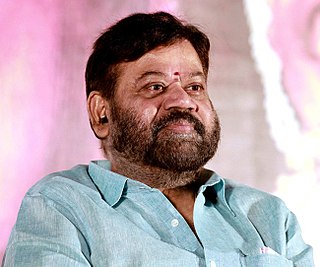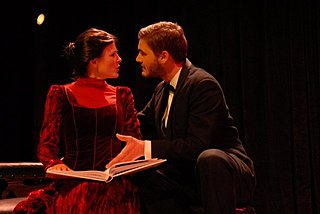A Quote by Maeve Binchy
Everybody is a hero in their own story if you just look.
Related Quotes
You're the hero of your own story. So it's interesting for historical revisionism to happen. I had let go of my own story from my own childhood and whatever anger I had and I began to see it from a very different place. It's really easy to be like "This thing happened to me! Look what they did to me or are doing to me." These are such powerful ideas and it's so easy to hold onto them forever.
If everybody can author their own story, if media is democratizing because everybody can make a really good-looking website... that's the way we learn now instead of in books. It means that more people get to tell their own story in their own terms rather than having to go through publishers and editors and executives.
Heroes come in all sizes, and you don't have to be a giant hero. You can be a very small hero. It's just as important to understand that accepting self-responsibi lity for the things you do, having good manners, caring about other people-these are heroic acts. Everybody has the choice of being a hero or not being a hero every day of their lives.
You're the hero of your own story. I had let go of my own story from my own childhood and whatever anger I had and I began to see it from a very different place. It's really easy to be like "This thing happened to me! Look what they did to me or are doing to me." These are such powerful ideas and it's so easy to hold onto them forever. When I let go of those ideas it was easier to see my childhood from different points of view.
Be skeptical, but not as a social position, not claiming to be so intelligent that you cannot believe what other people say. It's not about being right and making everybody else wrong. No, you are skeptical because you know without a doubt that everybody lives in their own story, and in their story they have their own truth. But it's only truth in their mind, just as your truth is only truth in your mind, and nobody else's.
You don't just have people who wake up in the morning and say, "What evil things can I do today, because I'm Mr. Evil?" People do things for what they think are justified reasons. Everybody is the hero of their own story, and you have to keep that in mind. If you read a lot of history, as I do, even the worst and most monstrous people thought they were the good guys. We're all very tangled knots.
The love story between the hero and the heroine has to be at the center of the book. I think that's pretty true in my books. I usually write a secondary love story, with maybe nontraditional characters. Sometimes I write older characters. I'm interested in female friendships, and family relationships. So I don't write the traditional romance, where you just have the hero and the heroine's love story. I like intertwining relationships.




































